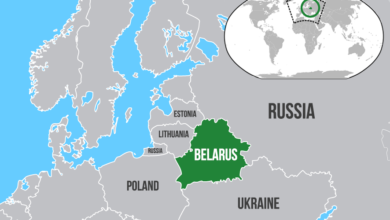Portugal recently became the sixth country in Europe to allow same-sex marriage, along with Spain, Sweden, Belgium, Norway and the Netherlands. The law passed following what some called a fierce battle between the government and conservative members of the large Catholic community in the country.
The law is the result of decades of struggle by the LGBT community and allies in Portugal. In a country where up until 1983 homosexuality was illegal, the passing of the progressive law by a capitalist government clearly demonstrates that when people organize they can make change.
The Socialist Party, which is really a capitalist party with a “socialist” past and is somewhat comparable in the social role they play to the Democratic Party in the United States, was put back into power last September, after the country’s general election. The same-sex marriage law was a part of their proposed manifesto.
Portugal had previously failed to introduce a same-sex marriage bill due to organized opposition from the right wing. And Pope Benedict visited the country several days before the ratification, urging people to oppose the law.
In the end, conservative Portuguese President Anibal Cavaco Silva, no friend of progressives, was forced by popular pressure to sign greater rights for LGBT people into law.
Despite being a victory for the gay community in Portugal, the right to adopt a child is still being denied to them under the new legislation. Gay rights activists, however, have said they will continue to fight for their right to adopt.
A law was previously passed in Portugal in 2001 that allowed same-sex couples to engage in “civil unions,” but the law did not allow couples to inherit possessions or pensions or take their partner’s name, which are all permitted under the new law, as well as allowing them shared legal, tax and property rights.





